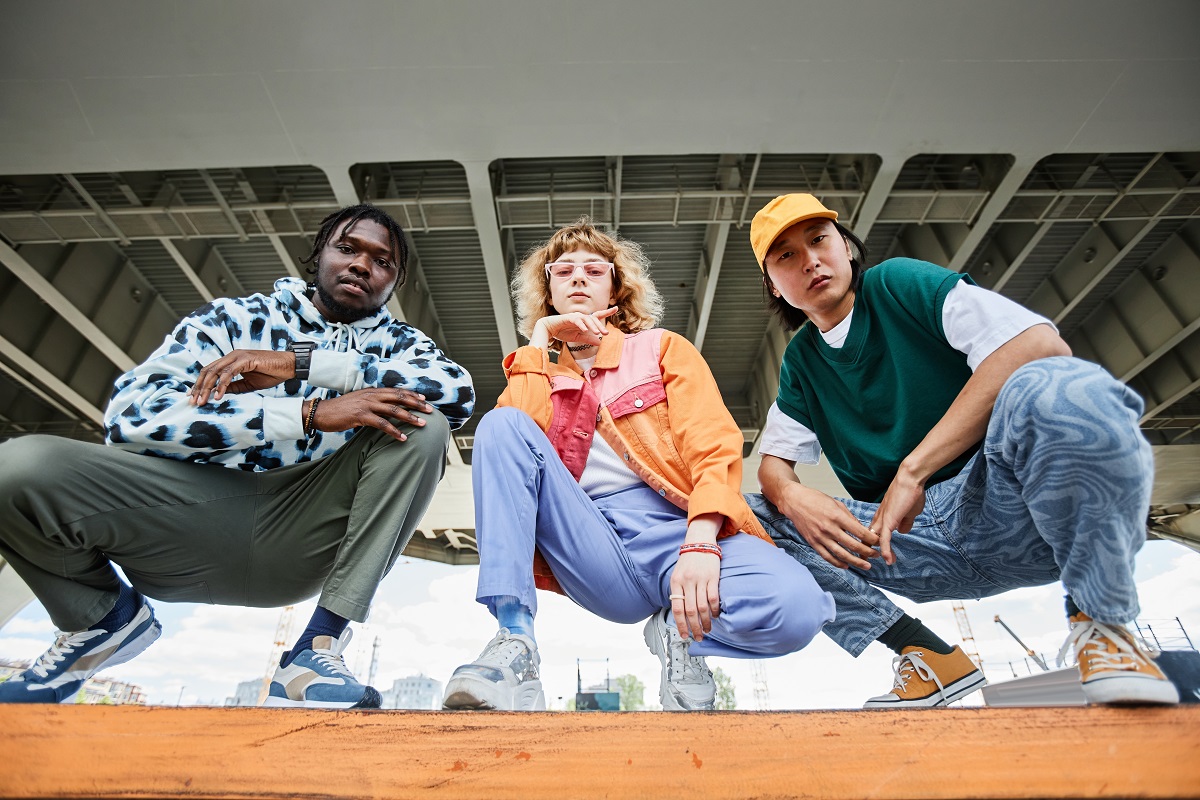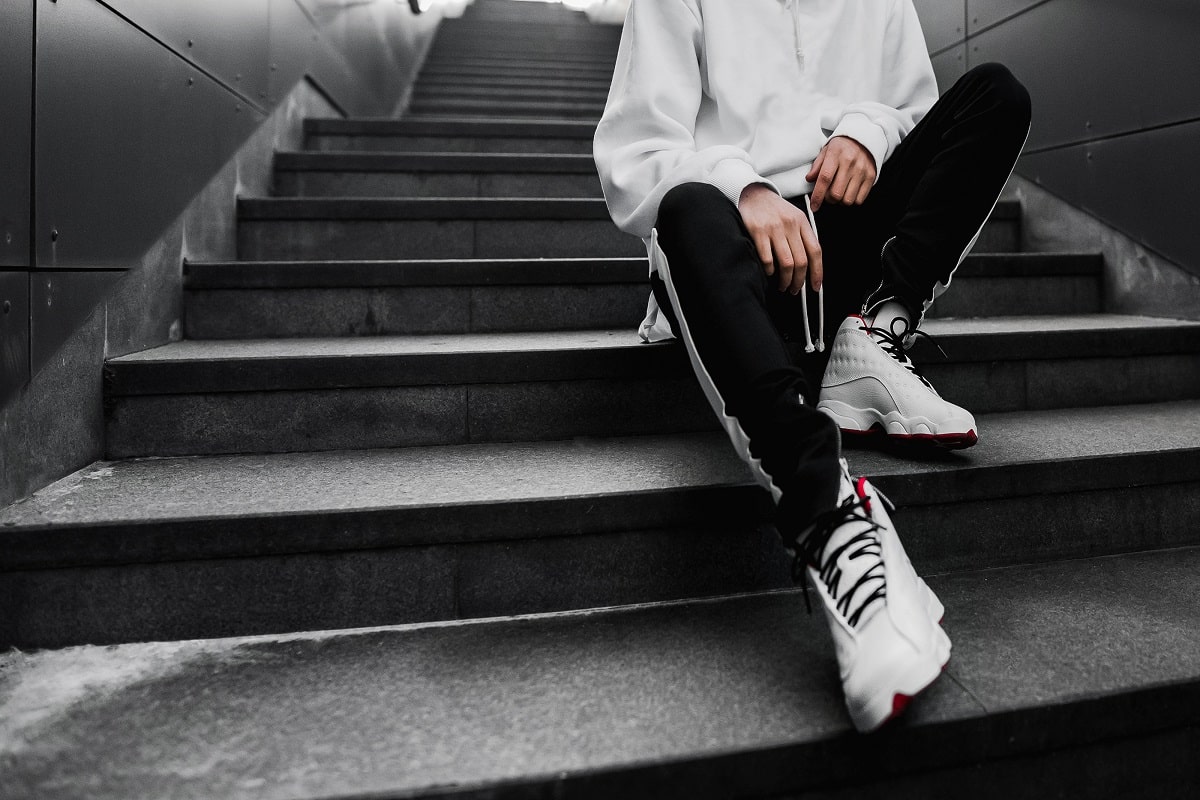Fashion Historian Jobs: A Path to Preserving Style Legacy
Have you ever found yourself captivated by the evolution of fashion throughout history? Do you possess a keen eye for detail and a passion for uncovering the stories behind iconic garments? If so, a career as a fashion historian might be the perfect fit for you. In this article, we will explore the exciting world of fashion historian jobs, discussing the skills required, the educational path to pursue, and the opportunities that await in this fascinating field.
What is a Fashion Historian?
A fashion historian is an expert in the history of clothing, accessories, and fashion trends. They are responsible for researching, analyzing, and documenting the development of fashion over time. By studying garments, textiles, photographs, and written records, fashion historians gain insights into the social, cultural, and economic factors that influenced fashion choices throughout history. Their work helps to preserve the legacy of style and provides valuable context for contemporary fashion.
Skills Required for Fashion Historians
To excel as a fashion historian, certain skills and qualities are essential. First and foremost, a deep appreciation and understanding of fashion history is crucial. This includes knowledge of different eras, designers, and influential fashion movements. Attention to detail is another vital skill, as fashion historians must be able to analyze garments and identify key features that define a particular period or style.
Strong research and analytical skills are also necessary for fashion historians. They must be able to delve into archives, libraries, and other resources to gather information and piece together the narrative of fashion history. Effective communication skills are equally important, as fashion historians often present their findings through written articles, exhibitions, or lectures.
Educational Path for Fashion Historians
While there is no one-size-fits-all educational path to becoming a fashion historian, a solid foundation in fashion history, art history, and cultural studies is highly recommended. Many universities offer undergraduate and graduate programs that focus on fashion history or related fields. New York University (NYU), through its Tisch School of the Arts and Parsons School of Design, offers renowned programs in fashion history and curatorial studies.
Another prestigious institution is the Fashion Institute of Technology (FIT), which provides a comprehensive education in fashion history, theory, and museum studies. FIT’s Fashion Styling Foundations program is particularly well-regarded for those interested in pursuing a career as a fashion historian.
For those seeking a more flexible and accessible learning option, online courses can be a great resource. Yellowbrick, in collaboration with leading fashion industry experts, offers online courses that cover various aspects of fashion history, including the history of fashion photography and the business of fashion.
Opportunities for Fashion Historians
Fashion historians can find employment in a variety of settings. Museums and cultural institutions often hire fashion historians as curators or researchers to contribute to exhibitions and publications. Fashion brands and retailers may employ fashion historians to provide historical context and inspiration for their collections. Additionally, universities and colleges may offer teaching positions in fashion history or related disciplines.
Freelance work is another avenue for fashion historians. They can contribute articles to fashion magazines, provide consulting services to fashion companies, or work as independent researchers. Some fashion historians also establish their own blogs or websites to share their knowledge and insights with a wider audience.
In conclusion, fashion historian jobs offer a unique and rewarding career path for individuals passionate about fashion and its rich history. By combining a love for fashion, research skills, and a solid educational background, aspiring fashion historians can embark on a journey to preserve the legacy of style and contribute to the understanding of fashion’s cultural significance. Whether working in museums, academia, or the fashion industry, fashion historians play a vital role in unraveling the stories woven into the fabric of fashion.
Key Takeaways:
- Fashion historians are experts in the history of clothing, accessories, and fashion trends, responsible for researching, analyzing, and documenting the development of fashion over time.
- Skills required for fashion historians include a deep appreciation and understanding of fashion history, attention to detail, strong research and analytical skills, and effective communication abilities.
- Pursuing a solid educational foundation in fashion history, art history, and cultural studies is highly recommended, with renowned programs available at institutions like NYU and FIT.
- Online courses, such as those offered by Yellowbrick, provide flexible and accessible learning options for aspiring fashion historians.
- Employment opportunities for fashion historians exist in museums, cultural institutions, fashion brands, universities, and freelance work.
- Fashion historians contribute to preserving the legacy of style and enhancing the understanding of fashion’s cultural significance.
If you are passionate about fashion history and aspire to become a fashion historian, consider exploring the FIT Fashion Styling Foundations online course and certificate program offered by Yellowbrick. This comprehensive course will provide you with the knowledge and skills necessary to embark on an exciting career in the field. Start your journey today and contribute to preserving the rich legacy of style for future generations to appreciate.




